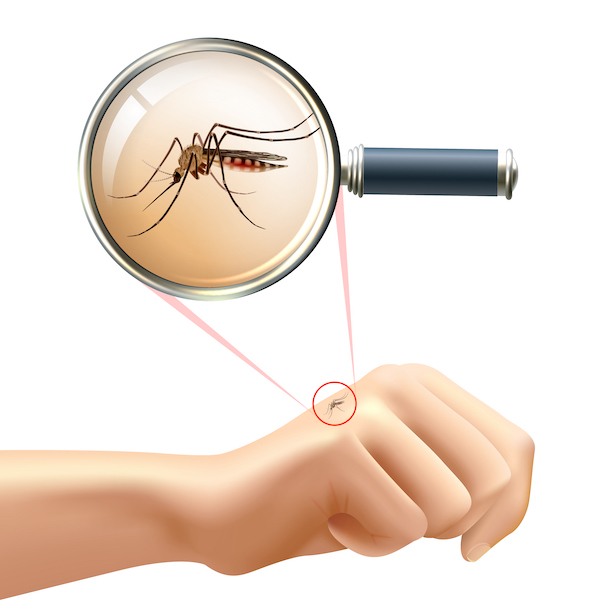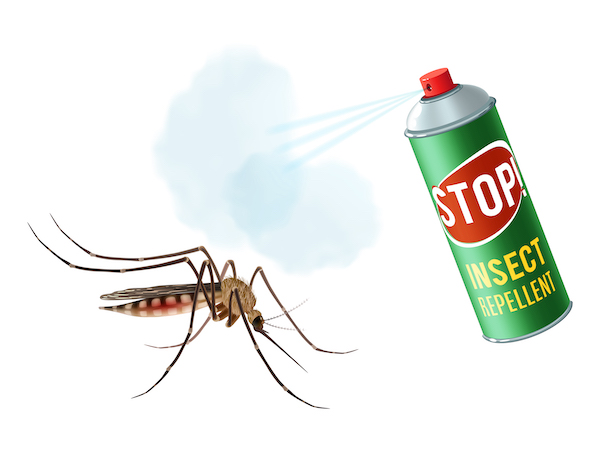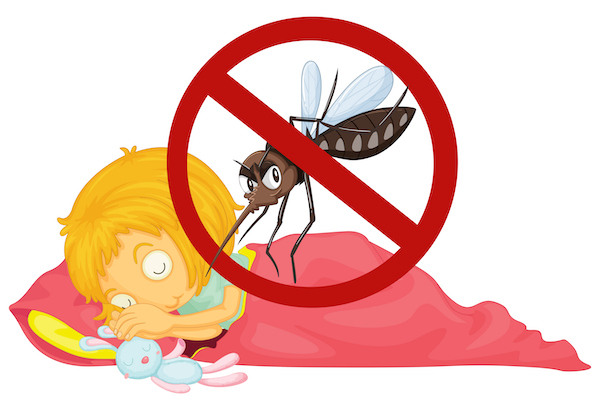Why do mosquitoes bite?

More than 3,000 mosquitoes are found worldwide; they all have one thing in common: they need blood to survive. To get the blood they need, mosquitoes pierce the skin with their long, sharp mouths and withdraw a small amount of blood.
Some mosquitoes carry and transmit diseases like malaria, yellow fever, dengue fever, and West Nile virus. For most people, this is nothing more than a nuisance. But for some people, mosquito bites can be much more severe.
When these mosquitoes bite an infected person, they can pick up the infection and spread it to other people when they bite them. In some cases, these diseases can be deadly.
There are a few things that attract mosquitoes to people. Mosquitoes are attracted to the carbon dioxide that we breathe out, as well as the heat that our bodies give off. They can also detect the chemicals in our sweat and our skin oils.
How can I prevent mosquito bites?

The best way to prevent mosquito bites is to avoid being bitten in the first place. To do this, you need to understand where mosquitoes are likely to bite and take steps to protect yourself.
You can do several things to reduce your risk of being bitten by mosquitoes:
- Wear light-colored clothing that covers as much of your skin as possible.
- Stay in areas that have good air circulation.
- Use mosquito netting when sleeping or spending time outdoors.
- Apply mosquito repellent to exposed skin.
- Avoid being outdoors during peak biting times, typically dawn and dusk.
Taking these steps can significantly reduce your risk of being bitten by mosquitoes.
What are the best mosquito repellents?

When temperatures and humidity start to rise, so does the mosquito population. These pesky insects not only ruin outdoor activities but can also carry diseases like the West Nile virus, Zika virus, and malaria. The best way to avoid being bitten by a mosquito is to prevent them from getting close to you in the first place.
The Centers for Disease Control and Prevention (CDC) recommends using repellents that contain one of these ingredients:
- DEET - Picaridin (also known as KBR 3023)
- Oil of lemon eucalyptus (OLE) or PMD
- IR3535 Repellents that contain these ingredients come in lotions, sprays, and even wipes.
You can also find them in formulas for both adults and children.
Choose the right recipe for your needs:
Higher numbers mean longer protection time, but lower concentrations may be just as effective against mosquitoes. Just remember to read the label carefully before applying.
The CDC recommends using a repellent with DEET, picaridin, OLE, or IR3535 on exposed skin
- including your face
- and clothing for the best protection.
Apply it according to the instructions on the label. It would help if you also took extra care to avoid areas where mosquitoes are known to congregate, such as standing water or dense vegetation.
What can I do if I get a mosquito bite?
Itching from mosquito bites can be more than a nuisance. According to the American College of Emergency Physicians, severe itching can lead to serious skin infections. If you're struggling with pesky mosquito bites, here are a few things you can do to obtain relief:
- Clean the edge with soap and water.
- Apply a cold compress to the area.
- Apply topical creams or lotions that contain antihistamines, hydrocortisone, or calamine.
- Take oral antihistamines such as diphenhydramine (Benadryl) or loratadine (Claritin) to relieve itching and swelling.
- If your symptoms persist or worsen, see your doctor.
How can I get rid of mosquitoes?

There are a few things you can do to get rid of mosquitoes. The first is to eliminate standing water from around your home. This can be done by emptying water containers, such as flowerpots or children's toys. Another way to get rid of mosquitoes is to use a mosquito repellent.
Many types of repellents are available, so choosing one that is right for you is vital. Some common ingredients in mosquito repellents are DEET, picaridin, and oil of lemon eucalyptus. If a mosquito has bitten you, you can do a few things to relieve the itchiness and swelling.
One home remedy is to mix baking soda and water into a paste and apply it to the bite. You can also try placing a cold compress on edge or taking an antihistamine if the itching is severe.
What are the best mosquito traps?
So, you're looking for the best mosquito trap? Luckily, there are a few options to choose from. The first step is to understand how these traps work. Most of them use a combination of heat and light to attract mosquitoes. Depending on your specific needs, one of these traps may be the perfect fit.
The mosquitoes are then sucked into the trap and trapped inside. Some surprises also use a fan to keep the mosquitoes from escaping. One of the most widespread mosquito traps on the market is the DynaTrap. This trap uses both heat and light to attract mosquitoes. It also has a fan that keeps them from escaping.
The DynaTrap is ideal for use in both indoor and outdoor environments. If you're looking for something a little more heavy-duty, consider the Mosquito Magnet. This trap uses propane to create an invisible "cloud" of carbon dioxide.
The mosquitoes are attracted to the carbon dioxide and are sucked into the trap, where the heat kills them. The Mosquito Magnet is ideal for larger areas like yards or patios. It's also important to note that it can take up to two weeks for the Mosquito Magnet to achieve full effectiveness. These are just a few of the best mosquito traps on the market today.
With so many options available, there's sure to be one that's perfect for your specific needs.
What are the best mosquito killers?
There are a variety of mosquito killers on the market, but not all of them are effective. Some common mosquito killers include:
- Insecticide sprays can effectively kill mosquitoes and harm humans and animals if not used properly.
- Mosquito traps: Mosquito traps use heat and light to attract mosquitoes, then trap them in a container where they will eventually die.
- Ultrasonic devices emit high-frequency sounds that are supposed to repel mosquitoes, but there is no scientific evidence that they work.
How can I prevent mosquito-borne diseases?
The best way to prevent mosquito-borne diseases is to avoid mosquito bites.
These are some tips that can help:
- Wear long sleeves and long pants outdoors, especially in wooded or swampy areas.
- Use mosquito repellent on your skin and clothing. Repellents containing DEET are the most effective.
- Stay in places with air conditioning or screens on doors and windows.
- Sleep under a mosquito net if you are outdoors or in a place with no screens on doors and windows.
Conclusion
Mosquitoes bite because they need blood to survive. They pierce the skin with their long, sharp mouths and withdraw small blood. Mosquitoes carry malaria, yellow fever, dengue fever, and West Nile virus. The best way to prevent mosquito bites is to avoid being bitten in the first place. Itching from mosquito bites can be more than a nuisance.
According to the American College of Emergency Physicians, severe itching can lead to serious skin infections. Some common ingredients in mosquito repellents are DEET, picaridin, and oil of lemon eucalyptus. Mosquito traps use heat and light to attract mosquitoes, then trap them in a container where they die. Some also use a fan to keep the mosquitoes from escaping. The best way to prevent mosquito-borne diseases is to avoid mosquito bites with these tips.












